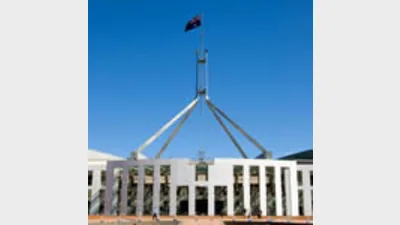Govt's infrastructure incentives miss target



 The Government may have missed the mark by proposing legislation to provide tax loss incentives around infrastructure projects, according to the Association of Superannuation Funds of Australia (ASFA).
The Government may have missed the mark by proposing legislation to provide tax loss incentives around infrastructure projects, according to the Association of Superannuation Funds of Australia (ASFA).
In a submission lodged with the Treasury dealing with the proposed changes, ASFA chief executive Pauline Vamos said that while the proposed changes sought to ameliorate the cost of losses being "trapped" for a an extended period, they did not address the more significant issue of the possibility of losses being permanently incurred through the failure of a project.
"The major beneficiaries of the proposed tax incentives, in ASFA's view, are more likely to be the construction companies, financiers, promoters of large infrastructure projects than superannuation funds as the eventual long-term owners of the infrastructure assets," the submission said.
The ASFA submission said the superannuation funds' decision to invest in an infrastructure asset was primarily based on the income generated by the asset, and therefore tax losses were unlikely to occur during the fund's ownership.
The submission pointed out that the law required that the primary consideration of superannuation funds was the likely investment return and the level of risk.
"The goal of superannuation funds is investment for profit, not loss," it said. "The fact than an infrastructure project is large (greater than $100 million) or is considered to be of national significance does not alter a trustee's duty when investing in such projects."
Recommended for you
Australia’s largest super funds have deepened private markets exposure, scaled internal investment capability, and balanced liquidity as competition and consolidation intensify.
The ATO has revealed nearly $19 billion in lost and unclaimed super, urging over 7 million Australians to reclaim their savings.
The industry super fund has launched a new digital experience designed to make retirement preparation simpler and more personalised for its members.
A hold in the cash rate during the upcoming November monetary policy meeting appears to now be a certainty off the back of skyrocketing inflation during the September quarter.









